Description
Pumice: The Surprisingly Useful Volcanic Rock
Pumice, that light, airy rock often found on beaches or in garden centers, is more than just a curiosity. It’s a fascinating product of volcanic activity with a surprisingly diverse range of applications, from beauty routines to construction projects. Understanding its unique properties and origins helps us appreciate this often-overlooked natural resource.
Born from Fire: The Formation of Pumice
Pumice is an extrusive volcanic rock, meaning it’s formed from lava that cools and solidifies rapidly above the Earth’s surface. Unlike other volcanic rocks, pumice is characterized by its incredibly porous nature, resulting from the rapid cooling and depressurization of frothy, gas-rich lava. Imagine opening a carbonated drink too quickly – the escaping gas creates bubbles. Similarly, as lava erupts and the pressure decreases, dissolved gases like water vapor and carbon dioxide are released, forming countless bubbles within the molten rock.
As the lava cools and solidifies almost instantaneously, these bubbles are trapped, creating the characteristic vesicular texture of pumice. The rapid cooling also prevents the formation of large crystals, resulting in an amorphous, glassy appearance. The specific composition of the lava, particularly its silica content, plays a crucial role in determining the properties of the resulting pumice.
A Rock That Floats: Key Properties of Pumice
The defining characteristic of pumice is its low density, often low enough that it can float on water. This buoyancy is due to the high volume of air trapped within its porous structure. Other key properties include:
- Abrasiveness: The sharp, irregular edges of the vesicles make pumice a mild abrasive.
- Inertness: Pumice is chemically inert, meaning it doesn’t react readily with other substances.
- Lightweight: Its low density makes it a valuable component in lightweight concrete and other construction materials.
- Insulating Properties: The trapped air provides excellent insulation against heat and sound.
From Beauty to Building: Diverse Applications of Pumice
The unique properties of pumice have led to its widespread use in a variety of applications:
- Personal Care: Pumice is a common ingredient in exfoliating products. It’s used in foot scrubs, soaps, and dental powders to remove dead skin cells and plaque.
- Cleaning: Pumice stones are used to scour and clean tough stains, particularly on porcelain and toilet bowls. They can also remove pills from sweaters and clean oven racks.
- Agriculture: Pumice is used as a soil amendment to improve drainage, aeration, and water retention. It’s particularly useful for growing cacti and succulents.
- Construction: Pumice is a key ingredient in lightweight concrete, used to reduce the weight and improve the insulating properties of buildings. It’s also used in aggregates for paving and landscaping.
- Industrial Applications: Pumice is used as a polishing abrasive in various industries, including woodworking and metalworking. It’s also used in filters and as a carrier for catalysts.
- Horticulture: As a soilless growing medium, pumice provides excellent drainage and aeration for plant roots. It’s popular for hydroponics and growing orchids.
A Sustainable Resource?
While pumice is a naturally occurring resource, responsible sourcing and management are crucial. Over-extraction can lead to environmental degradation and habitat loss. Choosing pumice products from companies that prioritize sustainable mining practices is important.
Conclusion
Pumice, the lightweight, porous rock born from volcanic eruptions, demonstrates the power of nature’s processes. Its unique properties have made it a valuable resource for centuries, and its diverse applications continue to evolve. From smoothing our skin to building stronger, more sustainable structures, pumice is a testament to the surprising usefulness of the natural world around us. The next time you see a pumice stone, take a moment to appreciate the fiery origins and versatile applications of this remarkable rock.




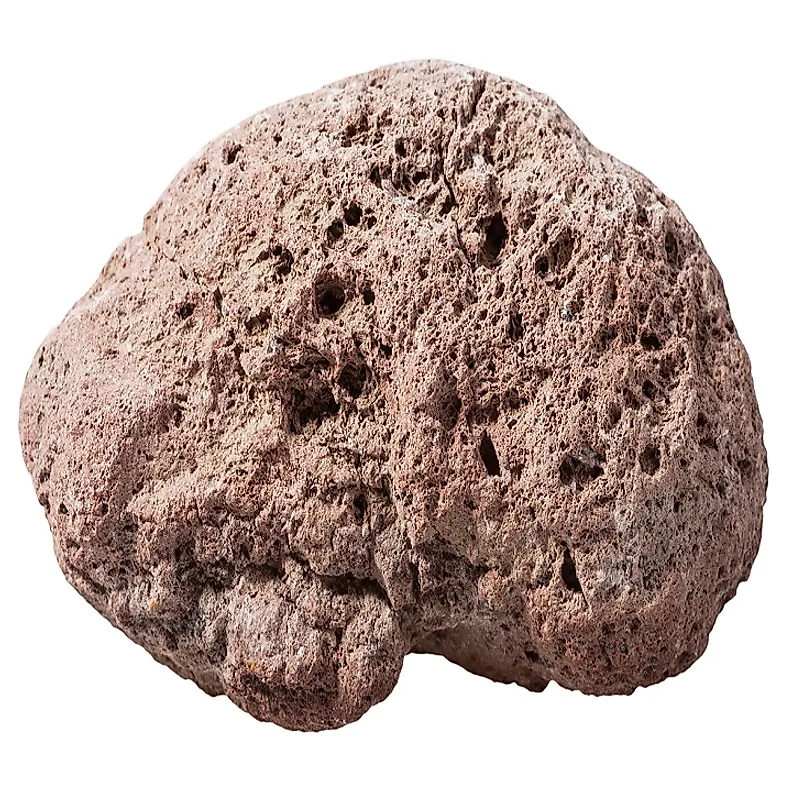



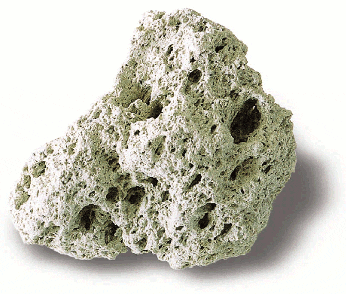
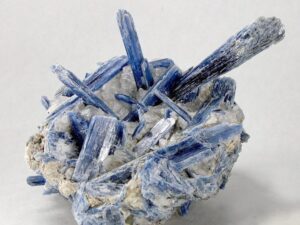
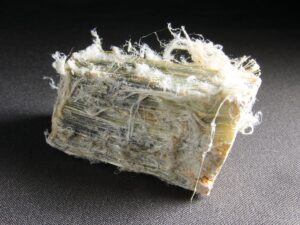
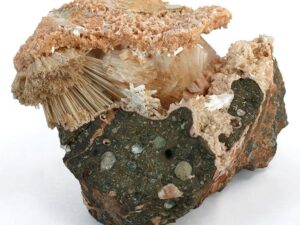

Reviews
There are no reviews yet.